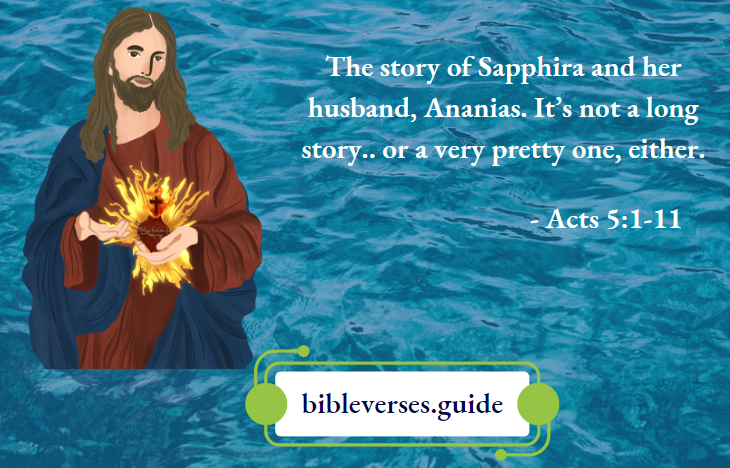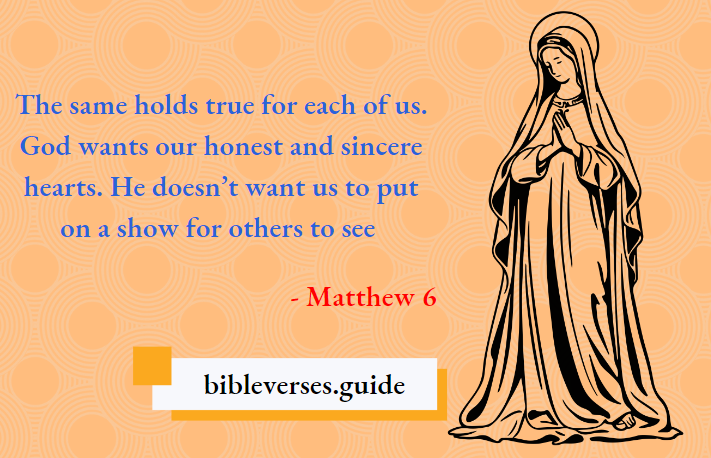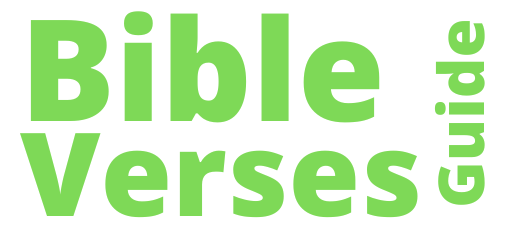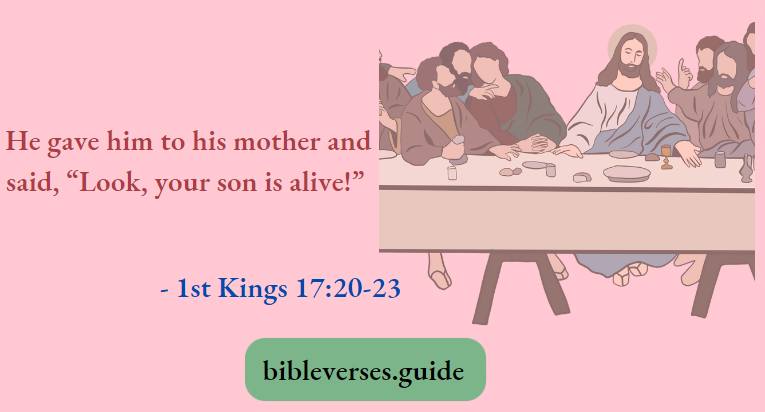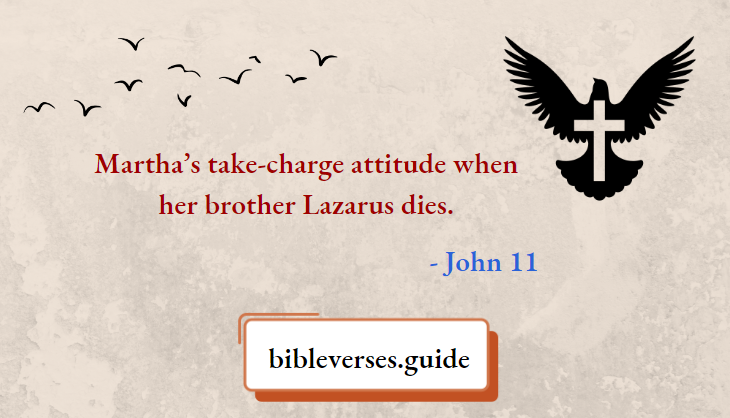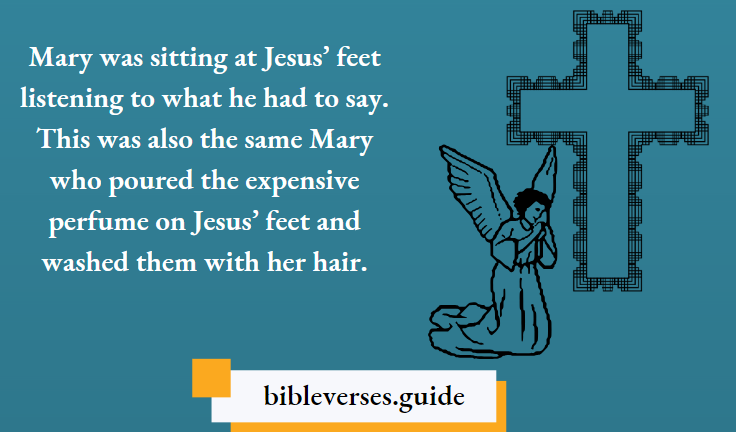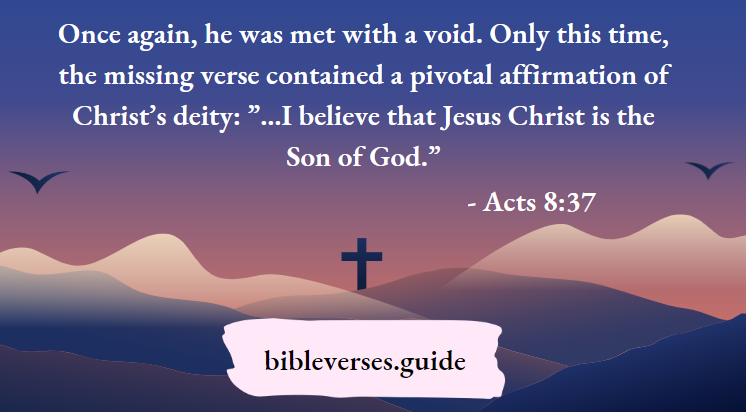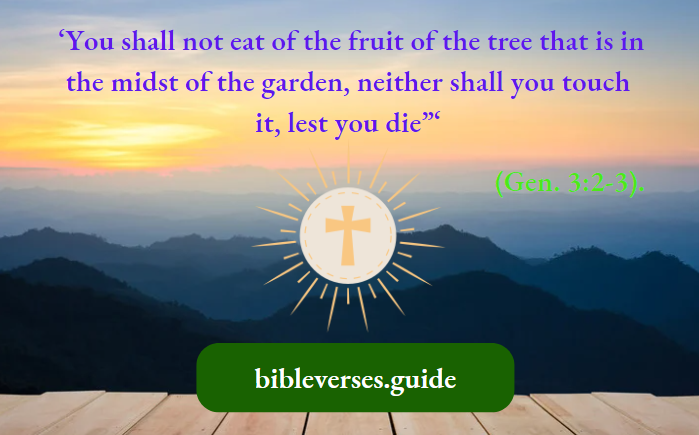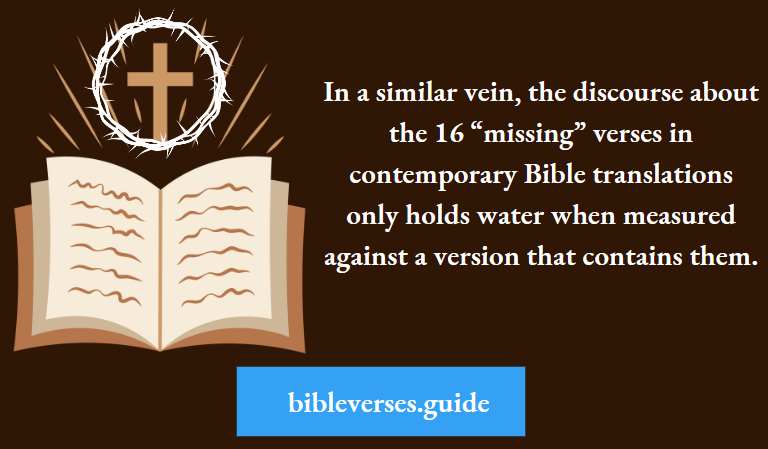A Changing Bible?
To be ignorant of what occurred before you were born is to remain always a child. — Cicero
Many Christians might not be at all familiar with how the Bible developed into its current English version, typically divided by book, chapter, and verse, bound in leather, often accompanied by a ribbon in the middle, and includes maps in the back.
Some may even think it’s always been this way. However, to fully understand discussions about the 16 missing verses, it’s important to know a bit about the Bible’s history.
While the entirety of the Bible, both Old and New Testaments, offers a vast field of study and reflection, the focus of this book narrows specifically to 16 verses from the New Testament.
Therefore, our conversation will predominantly focus on New Testament textual criticism. This will ensure a more targeted and in-depth exploration of these particular verses and the intricacies surrounding their textual history.
Differences in New Testament manuscripts
Starting From The Beginning
Historically, Jesus Christ was born around 6 and 4 B.C. and lived for about 33 years. During his three-year ministry, he traveled about teaching and preaching and was crucified by Pontius Pilate.
His followers recognized him as the Messiah and the Son of God. After his resurrection, believed to be around A.D. 33, he ascended to heaven.
As Christianity spread, the apostles began writing what they believed were inspired scriptures, equivalent in authority to the Old Testament.
The Authors
Between 33 and 96 A.D., the 27 books of the New Testament were penned by nine authors, all of whom were either direct followers of Jesus or had close connections with His inner circle.
Matthew: Traditionally attributed to Matthew the apostle, the tax collector turned disciple, the Gospel of Matthew provides a detailed account of Jesus’ life, emphasizing His role as the fulfillment of Old Testament prophecies.
Understanding Bible manuscript variants
Mark: The Gospel of Mark is ascribed to John Mark, a companion of the apostle Peter. His account is considered the earliest Gospel, offering a fast-paced and concise narrative of Jesus’ ministry.
Luke And Acts: Both the Gospel of Luke and the Acts of the Apostles are written by Luke, a physician and a close associate of the apostle Paul. His writings provide a meticulous historical account of Jesus’ life and the early Christian church.
John: The Gospel of John, three epistles (1, 2, and 3 John), and the Book of Revelation are attributed to John the apostle, known as the “beloved disciple.” His writings are deeply theological and focus on the divine nature of Jesus.

Paul: The apostle Paul, a former persecutor of Christians who experienced a dramatic conversion, authored 13 epistles: Romans, 1 and 2 Corinthians, Galatians, Ephesians, Philippians, Colossians, 1 and 2 Thessalonians, 1 and 2 Timothy, Titus, and Philemon. His letters address theological issues, church organization, and practical Christian living.
James: The Epistle of James is traditionally attributed to James, the brother of Jesus, who became a leading figure in the Jerusalem church. His letter emphasizes practical Christian ethics.
Peter: 1 and 2 Peter are ascribed to the apostle Peter, a central figure among Jesus’ disciples. His letters encourage believers facing persecution and affirm the truth of Jesus’ teachings.
Jude: The brief Epistle of Jude is attributed to Jude, another brother of Jesus, who warns against false teachings and encourages believers to remain faithful.
Hebrews: The authorship of the Epistle to the Hebrews remains uncertain, with suggestions ranging from Paul to Luke to Apollos to Barnabas. This theological treatise presents Jesus as the perfect high priest and mediator of a new covenant.
Journey of Paul’s epistles through ancient world
These nine authors, through their diverse backgrounds and experiences, collectively contributed to the rich tapestry of the New Testament, each offering a unique perspective on the life of Jesus and the early Christian experience.
These texts were often written in various locations and were often sent to different areas.
One of the most captivating aspects of New Testament textual criticism is tracing the journey of manuscripts as they crisscrossed the ancient world. Especially illustrative of this is the trajectory of Paul’s epistles.
For Instance, Examining Paul’s Epistles:

As these writings traveled throughout the ancient world, they were frequently copied by Christians or anyone desiring a copy.
This proliferation led to multiple lines of transmission originating from various regions. Consider a manuscript penned in Corinth containing Paul’s words to the Romans.
This document would journey to Rome, possibly being carried by a traveler, subjected to the elements, and perhaps read in several assemblies. Each time it was read and subsequently copied, there was the chance for minor alterations.
A scribe might accidentally miss a word, incorporate a marginal note into the main text, or present a variation in spelling.

As these texts moved and multiplied, the process of textual criticism emerged as an essential tool, not just for academic analysis but for tracing the paths these documents took.
Understanding the complexities and nuances introduced during transmission gives us a clearer perspective of the New Testament’s journey and the pivotal role these texts played in early Christian history.
Moreover, other texts, like 1 and 2 Peter and the book of Revelation, experienced a wider dissemination. These writings were replicated and circulated among various churches, specifically, the Book of Revelation, which was sent to seven distinct churches in Asia Minor.
The Preservation Process
Okay, let’s delve into the preservation journey of the original biblical texts and explore their passage to the present day.
Before Johannes Gutenberg revolutionized the world with his 15th-century invention of the printing press, the diligent task of replicating the New Testament books fell upon the shoulders of scribes.
These individuals, who ranged from highly trained professionals to ordinary people desiring their own copy of the scriptures, dedicated countless hours to the painstaking process of transcription.
In an era without the conveniences of modern technology, they worked in environments that were not always conducive to precision—varying temperatures, dim lighting, and the distractions of everyday life.
Such conditions, coupled with the inherent human propensity for error, meant that mistakes were an inevitable part of the transcription process.
These could range from simple slip-ups, like inadvertently skipping a line of text, to errors resulting from momentary lapses in concentration.
Despite their best efforts, the scribes’ work was not immune to the occasional introduction of discrepancies, each a small testament to the complex journey of the New Testament through the annals of history.
Understanding Bible manuscript variants
Over the centuries, the original texts, penned directly by the apostles, have been lost to time. Today, we’re left with copies of copies of copies of those originals, and these copies have their differences.
Many of these discrepancies are minor, like spelling errors, and some are so subtle that they don’t translate into English. However, a few are significant enough to potentially alter our understanding of the text.
These differences between manuscripts, referred to as “variants,” present both a challenge and an opportunity.
Not all variants carry the same weight; their impact on our understanding of the text varies considerably.
Some are easily recognizable as errors or idiosyncrasies, where the original text can be confidently ascertained.
For example, a scribe might have inadvertently repeated a word or line, or perhaps a smudge on the parchment led to a misreading. These instances are typically straightforward to identify and rectify.
However, other variants are more complex and can call into question what the original wording might have been. Sometimes, these involve entire phrases or sentences that appear in some manuscripts but not in others.
Distinguishing between such variants requires a nuanced approach and an understanding that certainty may sometimes remain elusive. This is where textual criticism comes into play.
Understanding Textual Criticism
Textual criticism is the discipline dedicated to reconstructing ancient documents to their original form, especially when the original manuscripts are lost to time.
Despite the inherent challenges in the preservation of ancient texts, it’s essential to recognize that this isn’t a phenomenon unique to the New Testament; every ancient work predating the invention of the printing press has undergone a similar transmission process.
Human error in hand-copying is inevitable. Therefore, by comparing multiple manuscript versions against each other, we can identify and rectify these mistakes.
Naturally, the greater the number of manuscripts available, the closer we can get to the authentic text. The New Testament currently boasts over 5,800 New Testament manuscripts.
These range from comprehensive volumes encompassing the entire New Testament to mere fragments the size of a credit card.
How the Bible was preserved over centuries
To organize and reference these manuscripts, each one is assigned a distinct name. For instance, consider two ancient Greek manuscripts from the Gospel of John:  -52 3 and
-52 3 and  66 4.
66 4.  -52, a fragment of John chapter 18, is among the earliest New Testament manuscripts, traceable to the 2nd century, with some experts suggesting an even earlier 1st-century origin.
-52, a fragment of John chapter 18, is among the earliest New Testament manuscripts, traceable to the 2nd century, with some experts suggesting an even earlier 1st-century origin.
 -66, on the other hand, covers almost the entire Gospel of John and is also traced back to the 2nd century. Today, with technological advancements, these manuscripts have been
-66, on the other hand, covers almost the entire Gospel of John and is also traced back to the 2nd century. Today, with technological advancements, these manuscripts have been
cataloged and digitized.
Those keen on viewing these texts can find them on the official site of the Center for the Study of New Testament Manuscripts.
Furthermore, apart from Greek, numerous manuscripts exist in other languages. Some of the most common include Latin, Syriac, Slavic, Gothic, Ethiopic, Coptic, Nubian, and Armenian. While these non-Greek versions might hold less authoritative weight, they still contribute value to the field of textual criticism.
The depth of textual criticism is vast. From categorizing manuscripts into text families to dating them, determining their inter-relationships, and more—there’s a wealth of processes involved.
While delving into all these details is beyond the scope of this book, it’s crucial to grasp that textual criticism isn’t a new endeavor.
Over the years, scholars have honed systematic methods to navigate these ancient texts, striving to present the Bible in its most accurate form.
These methods, while they may never yield absolute certainty, bring us ever closer to a clearer understanding of the biblical texts as they were first penned.
Through textual criticism, the vast majority of the New Testament text can be reconstructed with an almost certain degree of confidence, affirming the overall reliability of the manuscripts that have been passed down through the centuries.
A Class Of Its Own
Before moving forward I want to make one thing clear: when compared to other ancient texts, the New Testament stands in a class of its own regarding manuscript evidence and early attestation.
Take, for instance, the “Iliad” by Homer, one of the most celebrated works of antiquity. While it boasts impressive manuscript support by ancient standards, with more than 1,800 manuscripts, the earliest complete copy dates to about 400 years after the original composition.
In contrast, as previously mentioned, the New Testament has a staggering wealth of manuscript evidence, with more than 5,800 Greek manuscripts alone, not to mention thousands more in Latin, Coptic, and other ancient languages.
Some of these fragments and papyri date back to within a generation or two of the original authors, offering a remarkably close connection to the original texts.
It’s this extensive and early manuscript evidence that provides scholars with the confidence to assert the reliability of the New Testament’s preservation.
Missing verses in the New Testament
While we acknowledge the challenges and complexities inherent in textual transmission, the sheer volume and proximity of the New Testament manuscripts to their original compositions are unmatched in ancient literature.
This unparalleled manuscript support, coupled with rigorous scholarly analysis, enables us to approach the New Testament with a well-founded assurance of its textual integrity.
To be clear, if we call into question the reliability of the New Testament, given its exceptional manuscript evidence, then we would also have to call into question the reliability of any ancient document.
Answering Common Objections
Navigating the intricate landscape of the New Testament’s transmission, it’s no surprise that misconceptions and challenges arise. While many aspects of this history are universally accepted, certain objections persist in popular discourse.
By addressing this head-on, we can shed light on the process and debunk some prevalent myths. In the upcoming discussion, we will tackle two of the most frequently cited objections: the “Telephone Game” analogy and the “Central Authority” theory.
Understanding these critiques and their counterarguments will provide a clearer lens through which we can appreciate the New Testament’s journey to us.
1. The “Telephone Game” Analogy
Many pictures of the transmission of the New Testament like the children’s game of telephone, where a single whispered message, passed through a chain of players, often emerges distorted and comically unrecognizable.
It’s a vivid image: a story told and retold, changing subtly with each iteration until it bears little resemblance to the original. However, equating this game to the New Testament’s journey does the intricate process a disservice
In reality, the transmission of these sacred texts was far from this linear and singular path. Instead of one person whispering to the next, imagine a room where multiple individuals simultaneously transcribe a document.
They cross-check with each other, referencing different copies and diligently working together to ensure the accuracy of their collective effort. Future generations then use these meticulously created copies as their primary references, preserving the text’s integrity.
This method isn’t just a hasty relay of whispered secrets; it’s a rigorous, communal commitment to safeguarding a cherished message. The dedicated scribes at the heart of this endeavor recognized its gravity, employing a robust system of checks and balances to maintain the text’s fidelity through the ages.
The next time someone likens the transmission of the New Testament to the game of telephone, consider offering this gentle rebuttal:
The New Testament wasn’t passed down like in the game of telephone, where a message gets distorted in a single line. Instead, imagine many people copying from the same source at once, creating different lines of transmission.
This way, if one copy had mistakes, it could be checked against others. It’s like a group project where everyone is copying from a main document. Later copies could use earlier ones to stay accurate. The scribes were careful to keep the text true to the original.
By understanding and sharing this perspective, you can engage in informed discussions and confidently challenge misconceptions about the New Testament’s transmission.
2. The “Central Authority” Theory
Some people believe that powerful groups, like the Catholic Church and even certain governments, changed the Bible to control the masses.
For instance, the portrayal of the Bible’s evolution in Dan Brown’s novel “The Da Vinci Code” specifically addresses the claim that the New Testament was edited and manipulated by Emperor Constantine at the Council of Nicaea.
But when we delve deeper into the history and content of the New Testament, this idea falls apart.
For one, the Bible itself contains teachings about putting loyalty to God over loyalty to earthly authorities. In fact, it advises that if obeying the government means disobeying God, then believers must stand firm with their faith first.

That doesn’t exactly fit the narrative of a text modified for state control, does it?
Then, there’s the Council of Nicaea, a gathering often cited in these theories. However, if you look at what actually happened there, you’ll see it wasn’t about editing the Bible.
It was about establishing theological consensus on the deity of Christ in response to the heresy of Arius, who taught that Jesus was a created being.
The Nicene Creed, a statement of Christian faith, came from this council. It’s a declaration of beliefs, not a book list.
Finally, let’s remember how we’ve discovered ancient copies of New Testament books. Some of these manuscripts, dating back to the 2nd century—long before the formation of large organized churches like the Catholic Church—were found in modern times.
A notable example is the previously mentioned Rylands Library Papyrus  52, housed in the John Rylands University Library in Manchester, England. Discovered in the 1920s, this fragment from the Gospel of John is dated to around AD 125, placing it just a few decades after the original text was likely composed.
52, housed in the John Rylands University Library in Manchester, England. Discovered in the 1920s, this fragment from the Gospel of John is dated to around AD 125, placing it just a few decades after the original text was likely composed.
Imagine the world back then: busy markets, travelers on long journeys, and people eager to learn and share spiritual teachings. When a part of the New Testament was written, it spread quickly, almost like a popular video going viral on the internet today.
Let’s picture two travelers from different towns meeting on a road. One has a copy of the Gospel of John. Excited, the other decides to make his own handwritten copy right then and there.
There’s no big organization watching over this process, telling them what to write.
Now, with so many people sharing and copying, some texts are lost or forgotten, only to be found much later in unexpected places.
The critical thing to remember is that the New Testament was shared far and wide, making it really hard for any one group to change every single copy.
It would be like trying to change every single view of a viral video after it’s been seen by millions. It’s just not feasible.
The Gospel According To Snoopy
While textual criticism might seem like a domain reserved for scholars, it’s very much accessible to any curious person; consider this enlightening example.
Dr. Daniel Wallace, renowned in New Testament textual criticism, would host a unique event called the “Snoopy Seminar.” It’s not just an academic talk but a hands-on workshop offering a taste of textual critics’ challenges.
The setup is intriguing. Participants gather for a two-day event. On the first day, Dr. Wallace introduces the intricacies of how texts evolve and alter over generations. He then selects 22 attendees to take on the role of “scribes.”
These scribes are tasked with copying a text, but here’s the twist: they’re given specific instructions designed to introduce errors, mimicking the natural corruption that happens over time.
As these scribes labor away, the other participants, acting as budding “textual critics,” try to figure out the lineage of the copied texts. They’re attempting to understand who copied from whom and predict the biases or mistakes that might have crept in.
Come the following day, there’s a surprise. Many of the early copied manuscripts, especially the crucial first-generation copies, have mysteriously vanished.
Armed only with later copies, these amateur critics now face the daunting task of reconstructing the original from a fragmented puzzle.
They meticulously note variations, debate interpretations, and work to piece together the “Gospel According to Snoopy.”
At the seminar’s climax, the original text is unveiled, allowing everyone to see how close they came to reconstructing it. The whole exercise paints a vivid picture of the challenges and intricacies involved in textual criticism.
What’s more enlightening is that the manuscripts from this exercise mirror real-world challenges with New Testament manuscripts.
To top it off, participants walk away with insights into some of the most significant textual puzzles in the New Testament.
Dr. Wallace’s “Snoopy Seminar” is more than just an academic exercise. It’s an engaging, hands-on dive into the world of textual criticism, illustrating the complexities and the meticulous methods used to get as close as possible to the original texts.
Conclusion
Having delved into the intricacies of textual criticism and observed its real-world application even among laypeople, we now stand on the threshold of understanding the tools that make this endeavor possible.
Journey with us into the next chapter, where we’ll explore the instruments and methods that textual critics employ to bring clarity to ancient texts and bridge the gap between antiquity and our present understanding.
Understanding Bible manuscript variants
